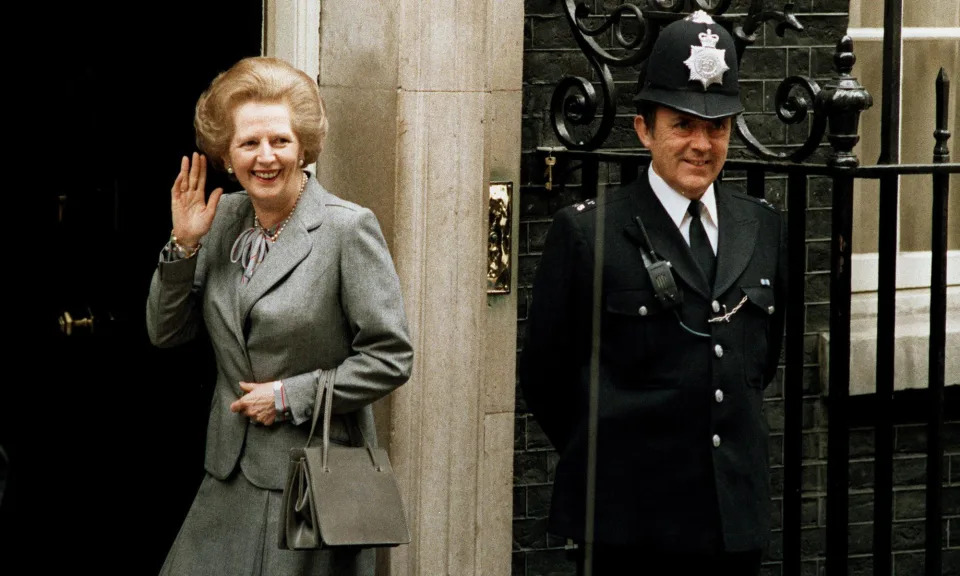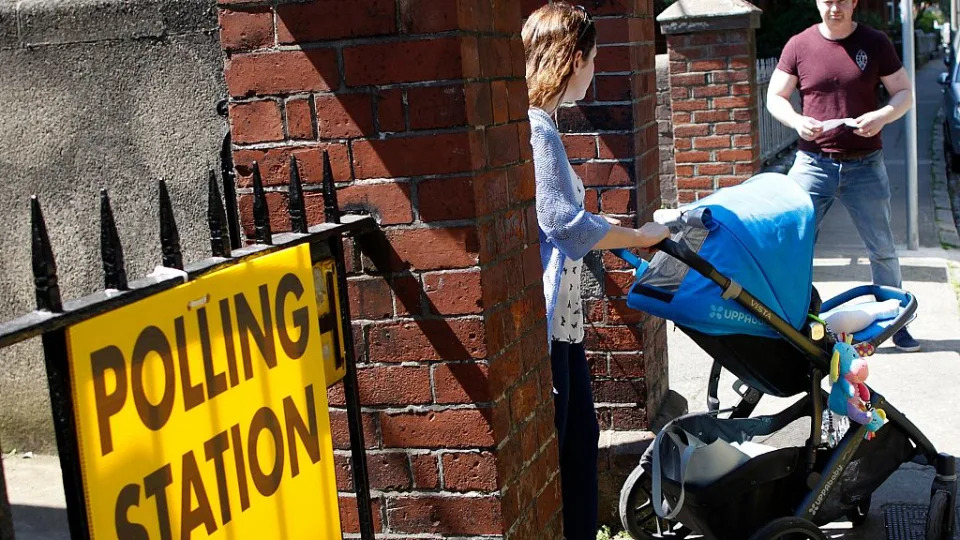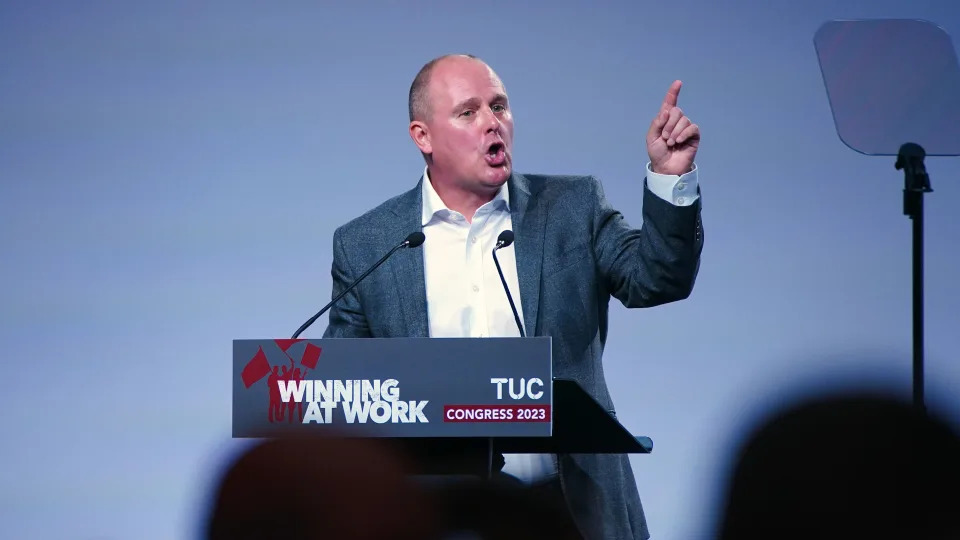The Guardian view on Tory ideology: Thatcherism isn’t working – it never did
Editorial
Wed, 6 December 2023

Photograph: John Redman/AP
A spectre is haunting British politics. Its outline is instantly recognisable to every Briton of a certain age: hair coiffed into a halo, shoulders firmed up with pads and, jutting out from the left wrist, the inevitable handbag.
More than three decades after she was driven out of No 10, and a decade after her death, Margaret Thatcher still casts a long shadow over the country she once ruled, and her party. Rishi Sunak sat in her old Rover (and tweeted about it, naturally) and Liz Truss copied her wardrobe. She influenced the Labour party under Tony Blair, though this admiration was first tempered by Labour under Ed Miliband and even more under Jeremy Corbyn. Sir Keir Starmer’s praise for Mrs Thatcher is perhaps more about internal Labour politics than about the Tories’ “leaderene”.
For some, however, she remained the country’s “saviour”. As the UK became the sick man of Europe, along came its first woman prime minister – closing down industries and cutting spending. Supporters acknowledge this hurt, but say it worked. History has not been kind about such judgments. Her emphasis on monetarism proved wrong. She bequeathed a dismal legacy of greed and inequality.
At its very outset in 1979, her government claimed public spending “lay at the heart of Britain’s economic difficulties”. Yet over her 11 years in power, while tax rates fell, especially for top earners, national insurance contributions and VAT rose. The result, as the economists Kevin Albertson and Paul Stepney observe, is that by her forced departure in 1990, central government took more of national income than it did in 1979. They also point out that in cash terms, the state spent more by the end of Thatcher’s time in Downing Street than it did at the start. Measured against GDP, the state did shrink in the late 1980s – but as soon as recession returned under her successor, John Major, it grew again.
Consider too her other big boasts. Property-owning democracy? More than 1.5m council homes were flogged off at a vast discount, and hardly any built to replace them. Today the state pays vast sums to landlords to house tenants. Popular share ownership? Even after all the “Tell Sid” campaigns, individual ownership of shares slumped in the 198os – and today is less than half what it was in 1981. The state sell-offs have not been successes: witness the mess at Thames Water.
There was no Thatcher miracle, only a myth manufactured by the Iron Lady herself. Politicians and their admirers enjoy the idea of a visionary leader engineering a sensational transformation, which is why Westminster thrills to the sound of a “northern powerhouse” or a “green new deal”. But, in a mature economy with an ageing population, it is both economically implausible and damaging to democracy. If Westminster keeps telling the people of Blyth or Blaenau Gwent that they are living through some golden age, despite all the evidence in their payslips and on their high streets, then the established tribes of SW1 will eventually be ignored altogether. And to a large degree this is the story of British electoral politics over the past few years. Myths can cost a country dear.




















